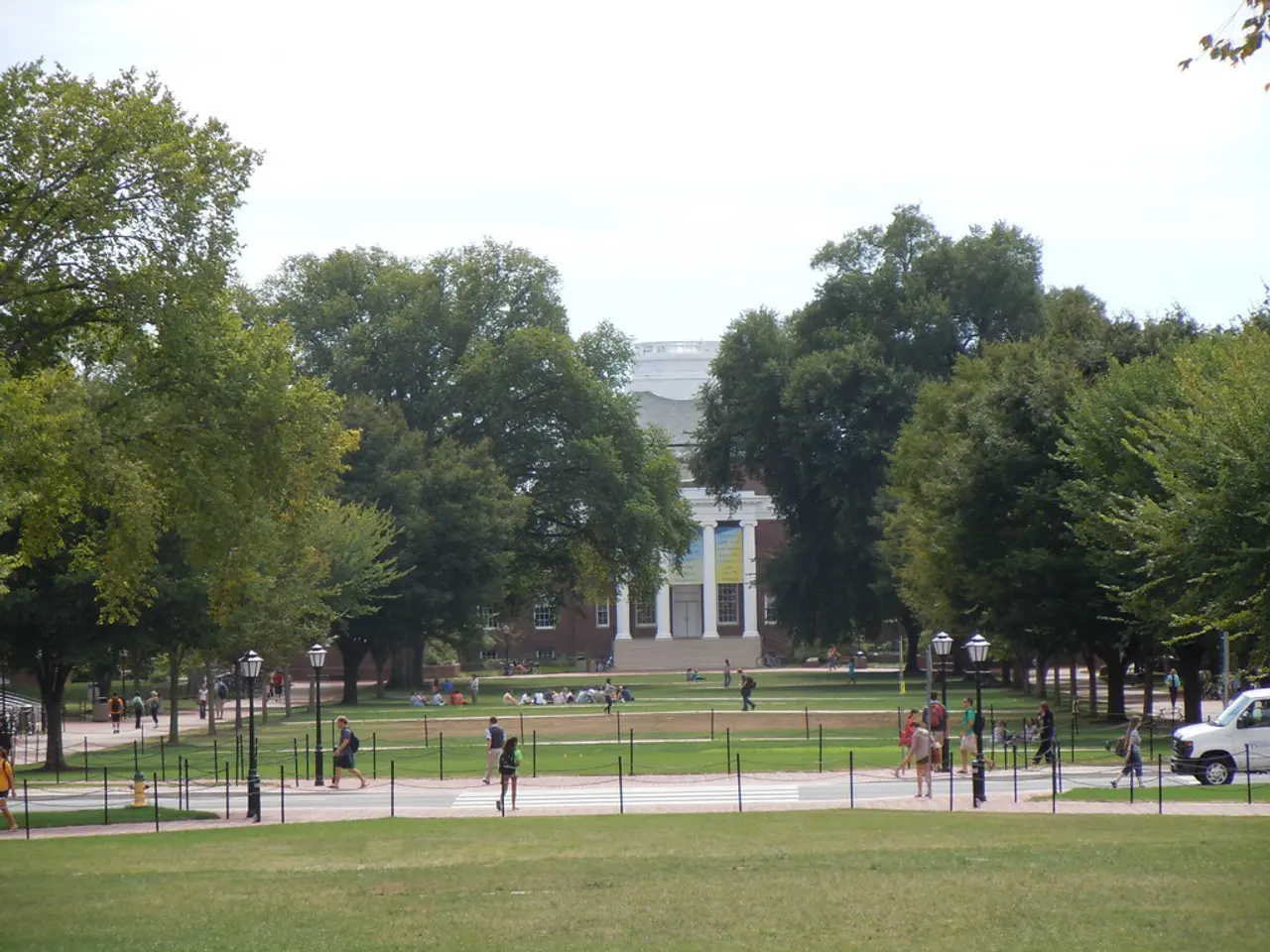Exposing the Misconceptions Regarding Financial Support
At Princeton University, students have various opportunities to secure funding for independent projects and research beyond the university's formal offerings. In this article, we'll explore some of the avenues available for students looking to fund their endeavours.
Faculty Research Assistantships
Core faculty at Princeton have access to annual funds, approximately $2,000, to hire graduate or undergraduate students for research assistance. The hourly wages for these positions range between approximately $14 to $25, depending on the student's level.
External Fellowships
Highly qualified early-career scholars can apply for prestigious fully-funded fellowships, such as the Princeton Society of Fellows, which offers a multi-year appointment with a competitive salary (~$101,000–$105,000 annually) and the opportunity to pursue independent research outside standard curricula.
Departmental Research Funds
Postdoctoral associates in certain departments, like African American Studies, can apply for limited research funds ($2,000) to support activities like purchasing books, materials, or attending conferences, which can support independent scholarship.
Merit-Based Scholarships with Research Support
Competitive scholarships like the Stamps Scholarship provide extra funding specifically earmarked for research projects, internships, conferences, or global experiences, enabling students to pursue independent academic work.
Financial Aid and Endowment Support
Princeton’s expansive financial aid model, supported by its large endowment, covers 100% of demonstrated need through grants rather than loans, potentially freeing students to undertake independent research without financial burden.
In summary, students can leverage faculty-funded research assistantships, departmental research grants, prestigious university fellowships, competitive scholarships with research components, and robust financial aid to secure funding for research and projects beyond Princeton’s standard offerings. Collaborating with faculty is often a key step to accessing these resources.
It's important to note that Princeton University does not hand out blank checks for any project a student feels like doing. Students must demonstrate the merit and potential impact of their projects to secure funding.
Additionally, hitting a dead end on funding on campus can be an opportunity to think more creatively about how to implement a project. The author of this article, for instance, discovered an alternative project through a non-Princeton institution, a fully-funded winter scholarship for artists and students to study Yiddish history and produce art inspired by the organization's archives.
Navigating funding opportunities and writing strong proposals are essential skills for the post-Princeton world. For students who are undeclared or undecided, information about departmental funding is available.
Lastly, it's worth mentioning that the Funding Fairy, a mythical figure representing the idea of Princeton University freely providing funding for projects, is not real. Students must take the initiative to research and apply for funding opportunities.
This article was written by Rafi Lehmann, Social Sciences Correspondent.
[1] Princeton University, "Office of the Dean of the College: Research Opportunities for Undergraduates" (https://www.princeton.edu/~odoc/research-opportunities/index.xml) [2] Princeton University, "Financial Aid" (https://www.princeton.edu/financialaid/) [3] Princeton Society of Fellows, "Fellowship" (https://www.princeton.edu/~psf/fellowship/) [4] Princeton University, "Financial Aid: Loans" (https://www.princeton.edu/financialaid/loans/) [5] Princeton University, "Graduate School: Research Funding" (https://www.princeton.edu/graduate/academics/research/funding/)
- Through faculty research assistantships, departmental research grants, prestigious university fellowships, competitive scholarships with research components, and robust financial aid, students can conduct independent work in education-and-self-development, contributing to their personal-growth and learning beyond Princeton University's formal offerings.
- Navigating funding opportunities and writing strong proposals are important steps for students' personal-growth and learning, empowering them to pursue independent projects and research, fostering self-development and contributing to society.




